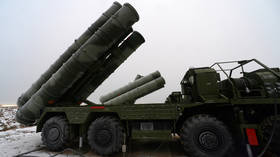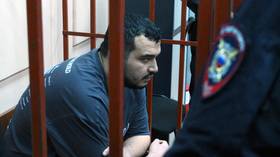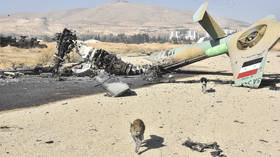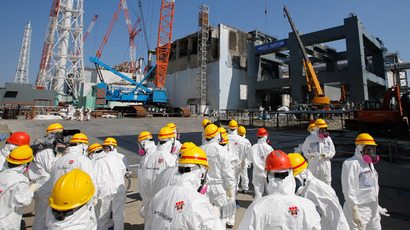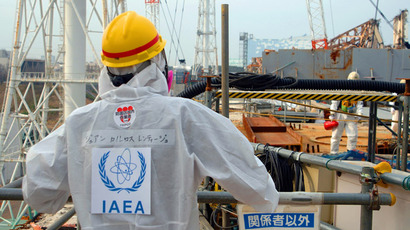S. Korea suspends more nuclear reactors over fake documents
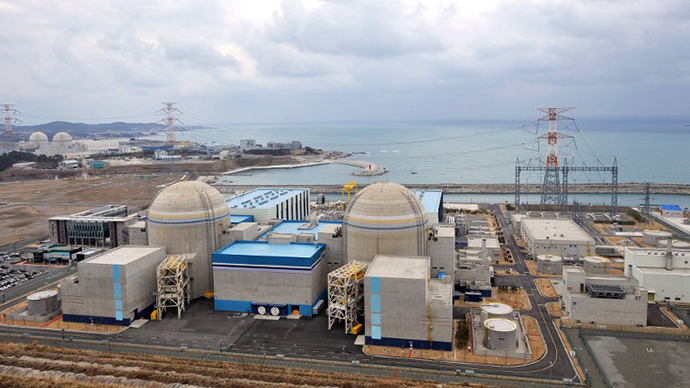
Asia’s fourth-largest economy is halting the operations of two nuclear power reactors to replace unauthorized equipment that was supplied using fake documentation, South Korea’s nuclear regulator said on Tuesday.
The Nuclear Safety and Security Commission also delayed the
restart of operations at two other reactors that were closed last
year, also over forged documents, Reuters reported.
Two of the affected nuclear reactors are in Kori, about 320 km (198
miles) southeast of Seoul, and in Wolsong, about 280 km (173 miles)
from the capital. The reactors each have a maximum capacity of
1,000 megawatts.
The shutdown of the reactors is more than just an embarrassment for
the South Korean government, which has said the closures present no
public threat. The country is heavily dependent on outside supplies
of oil, gas and coal, with about a third of its electricity coming
from nuclear power generation.
This is not the first time that Seoul has been forced to shut down
nuclear reactors over false certificates.
Earlier this month, six nuclear engineers and equipment suppliers
were handed prison sentences in connection with the supply of
unauthorized ‘non-core equipment’ (cooling fans, cables and
switches, which require international certification), mainly to the
Yeonggwang complex on the southwest coast.
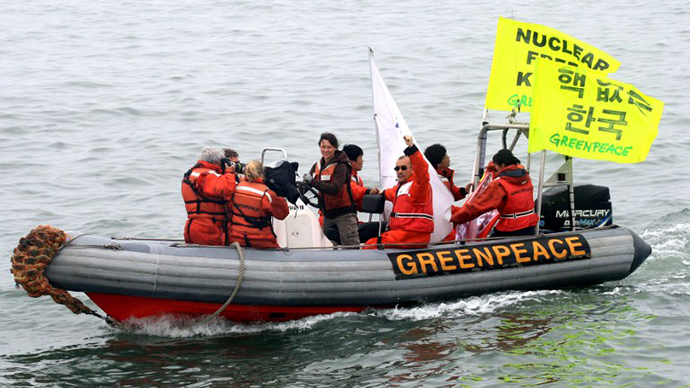
The nuclear plant was forced to shut down three of the plant’s six reactors in November, a move that prompted authorities to inspect equipment at all of the country’s 23 nuclear facilities nationwide.
The shutdown of Yeonggwang sparked fear among locals as some 2,500 villagers staged a protest outside the sprawling complex. Hundreds of riot police and security officers were sent to the demonstration, but there were no reports of violence, the Yonhap news agency reported.
On February 9, 2012, the Gori-1 reactor near the southern city of Busan briefly lost power and the emergency backup generator failed to work.
Public fear over South Korea’s nuclear reactor shutdowns could have its roots in Japan’s Fukushima nuclear disaster that occurred in the wake of the Tokohu earthquake and tsunami of March 11, 2011.
The most powerful earthquake to ever hit Japan (9.0 on the Richter scale) triggered the largest nuclear disaster since the Chernobyl accident of 1986. Residents within a 20 km (12 mi) radius of the Fukushima Daiichi Nuclear Power Plant were forced to evacuate due to the release of radiation.
Meanwhile, the shutdown of the South Korean nuclear plants, while not a public threat, have sparked fears of widespread power shortages as the nation braces for the summer season, when public demand for air conditioning peaks.
The shutdown will begin on Tuesday, according to a spokesman at Korea Hydro and Nuclear Power Co Ltd, which runs nuclear reactors in South Korea and is owned by state-run utility Korea Electric Power Corp.
A fourth newly-built nuclear power reactor, also in Wolsong, which is waiting for approval to resume operations, will have its cables replaced, the statement added.
The latest plant closures present a setback for the South Korean government, which had been hoping to expand the construction of nuclear power facilities as energy needs surge.
Robert Bridge, RT



